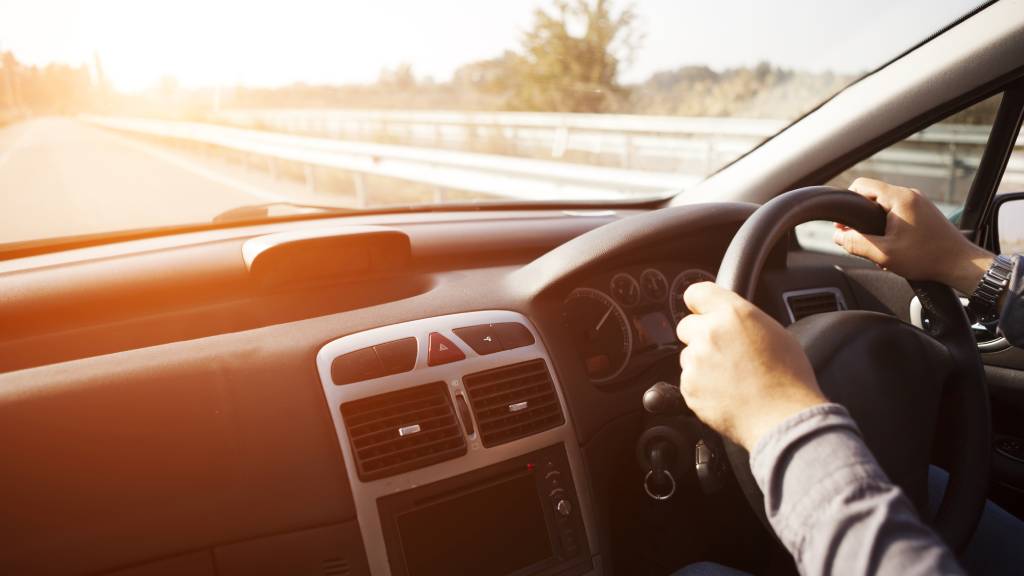What’s the difference between manual and automatic cars?

There is a lot to consider when you’re looking to buy a new car, but it’s surprising how little discussion there seems to be around which sort of transmission to go for. The transmission of a car is a part that you interact with a lot, so it's important to choose the right one.
Choosing between automatic cars and those with a manual transmission can raise several questions, such as how to drive a manual car if you've never had one before or how to get a manual licence from an automatic licence if you learned to drive in an automatic.
Over 30 years ago, driving an automatic car was considered a luxury. Today though, they are more popular than ever and in 2018, only 9.2% of cars sold in Australia were manual (Figures from the Federal Chamber of Automotive Industries). When choosing what type of transmission to go with, it’s important to consider your driving experience, budget, preference, and other personal factors.
The following information on manual vs automatic transmissions will hopefully help you decide which is best for you.
Manual cars
Licences – It used to be the case that most cars came with manual transmissions, so most people learned to drive in a manual car. If you learn to drive a manual and pass your test in a car with a manual transmission you can also legally drive an automatic. However, if you pass your test in an automatic you may have an "A" on your license which means you will only be able to drive an automatic for a qualifying period.
Different states have different rules about licencing and when you can drive a manual car with an automatic licence, so it’s recommended to check your local state and territory government website for specific details.
Cost – Generally, manual cars have a lower initial cost compared to automatics. When it comes to maintenance, automatic transmissions are bigger, heavier, and more complex than manuals, which may result in higher maintenance costs. Manual transmissions are more readily available and easier to fix, taking less time to service repairs.
Driving – Some drivers prefer a manual because it gives them greater control over their vehicle, as they decide when to change up or down according to the circumstances. This is especially important when it comes to performance cars where the driving experience is perhaps more important than just about anything else.
Automatic cars
Ease of use – There’re many reasons why automatic cars are becoming more popular. Most commonly, many drivers think of automatic transmissions as being easier to use than a manual. Although there's nothing terribly difficult about operating a clutch and shifting gears in a manual car, it does take more practice than an automatic to get used to.
An automatic car makes starting on an incline easier, as you don’t have to find a biting point with the clutch which can cause the engine to stall. An automatic car is also easier to use in the town or city where congestion and heavy traffic is an everyday problem. Constant stopping and starting is less of a hassle with an automatic, as gears are changed automatically, and you only need to use 2 pedals to stop and accelerate.
Safety – Having an automatic transmission allows the driver to keep both hands on the wheel more of the time, which is better for safety, especially for less experienced drivers.
Fuel efficiency – Older drivers may tell you they prefer manual transmission cars because they return better fuel economy, but that's not necessarily the case anymore. Manual transmissions used to mean better fuel efficiency because they had more gears than an automatic, they weighed less, and they were less complex. Nowadays though, automatics can often be more fuel-efficient than their manual counterparts.
Whether you go with a manual or automatic, when it comes to car insurance, there may not be a difference in premium, depending on the insurer you want to insure your car with. The vehicle’s will be rated on the claims history for that particular make and model with that company, and the value of the vehicle, and not based on the different gear boxes.
At the end of the day, buying a vehicle is a personal decision that should be based on your own needs, preferences, and circumstances. If you do all your driving in the town or city, an automatic vehicle might be the way to go. If a lot of your driving is on the open road or you want a performance car, a manual might be a cheaper and more suitable option to consider.
9 Dec 2020